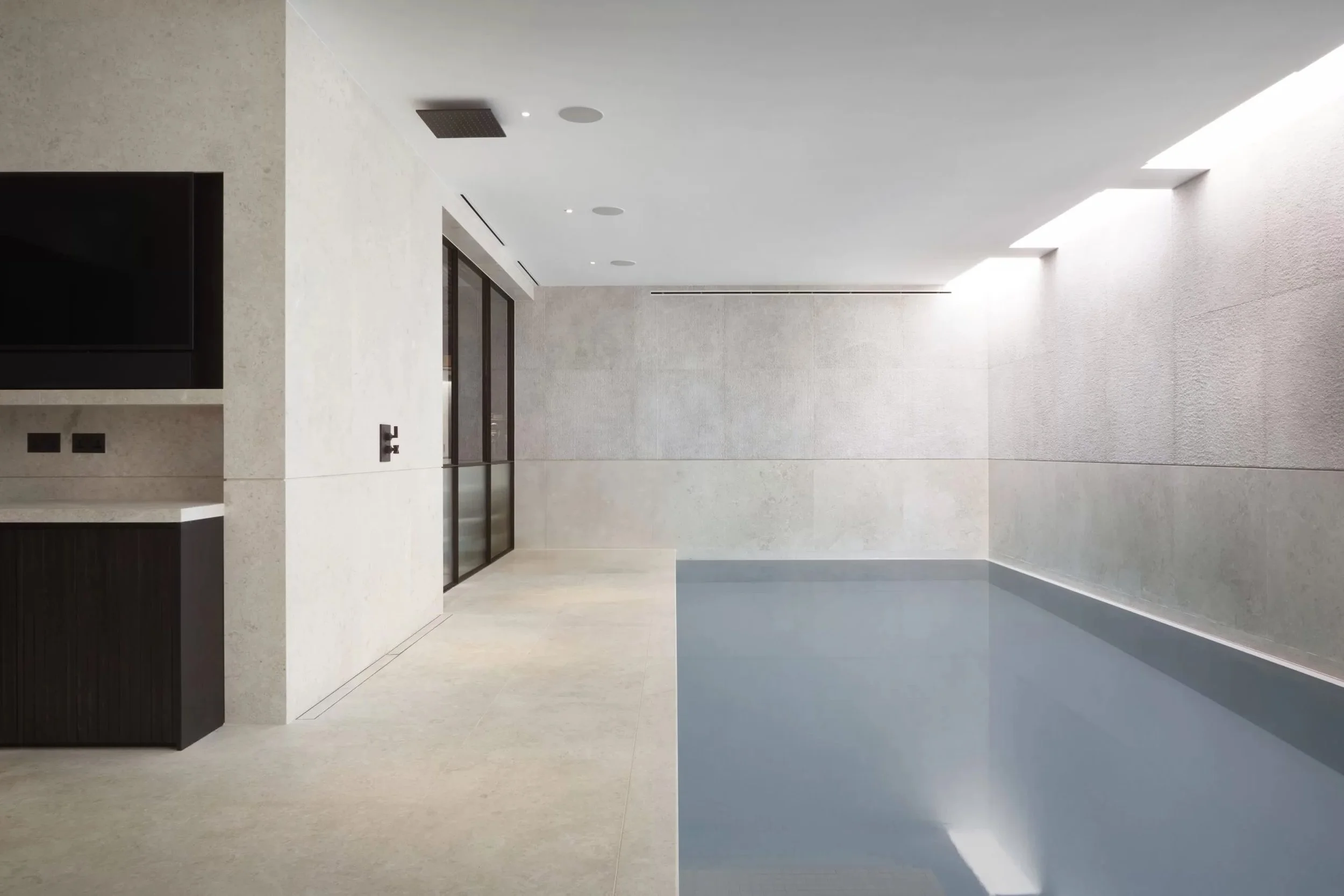Basement Extensions in Camden
Expanding a property with a basement extension can be a great way to add space and value, particularly in high-demand areas like Camden. However, due to Camden’s unique urban character and its policies on development, gaining permission for a basement extension involves several steps, from understanding local regulations to preparing detailed applications. Here’s what you need to know about obtaining permission for a basement extension in Camden.

1. Understanding Camden’s Basement Policy and the Need for Planning Permission
In Camden, basement extensions require planning permission due to specific council policies designed to safeguard neighbourhood character and structural safety. Camden’s planning process is comprehensive, with strict guidelines on depth, size, and impact on neighbouring properties. Applications are assessed based on Camden’s Basement and Lightwell Policy, which includes the following key restrictions:
Single-Storey Limit: In most cases, only single-storey basements are permitted unless exceptional conditions are met and a rigorous impact assessment is provided.
Basement Size Restrictions: Basement extensions should generally not exceed 50% of the garden or open space surrounding the property.
Setbacks and Depth Limits: Basement developments are often required to have setbacks from property boundaries, and in conservation areas, they should not extend beyond the footprint of the building.
Securing planning permission in Camden involves submitting detailed plans and compliance reports to align with these policies and demonstrate minimal impact on neighbouring structures.
2. Preparing Your Planning Application
A successful basement extension application in Camden requires a well-prepared submission that aligns with the borough’s standards. Essential components include:
Architectural and Structural Plans: These plans should provide a clear layout, depth, and structural details for the basement. Working with an architect experienced in Camden’s requirements helps ensure these plans are compliant and ready for council review.
Basement Impact Assessment (BIA): Required as part of the application, the BIA evaluates the structural impact of the basement on adjacent properties, assessing factors like soil stability and the effect on neighbouring foundations.
Construction Method Statement (CMS): A CMS details the methods and sequence of construction, with safety measures and impact management strategies to assure the council and neighbours that the project will proceed with minimal disruption.
Bourdon Hill specialises in structural engineering for basement extensions, delivering BIAs and comprehensive structural designs to ensure that basement projects meet Camden’s structural and safety requirements.
3. Securing the Basement Impact Assessment (BIA)
A BIA is a mandatory requirement for basement applications in Camden, designed to assess potential risks to nearby properties and the environment. Bourdon Hill’s structural engineers provide BIAs that evaluate ground stability, drainage considerations, and the structural effects on neighbouring buildings. Our assessments include recommendations to mitigate risks, offering reassurance to both Camden’s planning authority and surrounding residents.
4. Consulting with Neighbours and Establishing Party Wall Agreements
In Camden’s densely populated areas, basement works can significantly impact neighbouring properties. The council encourages applicants to consult with neighbours early in the process to address any potential concerns. Additionally, under the Party Wall Act, you must notify neighbours if the project affects shared walls or foundations. Early party wall agreements help to prevent disputes and establish clear responsibilities for both parties.
5. Flood Risk and Drainage Requirements in Camden
Given Camden’s urban environment, certain areas are prone to surface water flooding. A Flood Risk Assessment may be required as part of your application to demonstrate how the basement will manage drainage and mitigate flood risks. In particular, properties near rivers or in low-lying areas must have a well-planned drainage strategy, including systems like sump pumps and impermeable barriers, to protect against water ingress and potential flooding.
6. Minimising Noise, Dust, and Environmental Impact
Camden enforces strict noise and environmental guidelines for basement developments to minimise disruption to local residents. The council may require a Noise and Vibration Management Plan, which should outline the strategies contractors will use to control dust, noise, and vibrations during construction. Camden also restricts working hours for construction to protect residents’ quality of life, particularly in conservation areas where community character is a priority.
7. Camden’s Specific Basement Policies
Camden’s basement policies aim to balance development potential with neighbourhood stability and environmental quality. Key elements include:
Conservation Area and Listed Building Restrictions: Many properties in Camden are located in conservation areas or are listed buildings, and these projects are subject to additional scrutiny to maintain historical character. Basements beneath listed buildings may be discouraged, and any allowed must follow strict guidelines to protect the property’s architectural integrity.
Biodiversity and Green Space Preservation: Camden prioritises preserving open spaces and biodiversity in basement developments, limiting basement size to protect gardens and reduce environmental impacts. This is particularly crucial for green spaces and private gardens, which support urban drainage and local ecosystems.
Single-Storey Limitation and Setback Rules: To reduce structural risks associated with deep excavations, Camden generally limits basements to a single storey and enforces setback rules from property boundaries, especially in areas with adjoining properties.
Working with an architect who is familiar with Camden’s policies is essential to ensure your basement plans respect local character, are sensitive to community needs, and are designed for seamless approval.
8. Collaborating with Professionals Experienced in Camden’s Requirements
Successfully navigating Camden’s basement application process requires collaboration with professionals who understand local regulations. An architect with experience in Camden’s planning policies can help develop compliant and cohesive designs, while Bourdon Hill offers specialist structural engineering expertise in basement projects, focusing on structural integrity and safety in line with Camden’s guidelines.
If you're considering a basement extension in Camden, Bourdon Hill is an expert in structural engineering for basement projects, focusing on robust structural design that ensures stability and safety, in line with Camden’s regulations. Our structural engineers specialise in basement design, working together with your architect and the rest of your professional team by providing the expertise needed to navigate the complexities of RBKC planning and deliver a safe, compliant solution tailored to your property’s needs.

